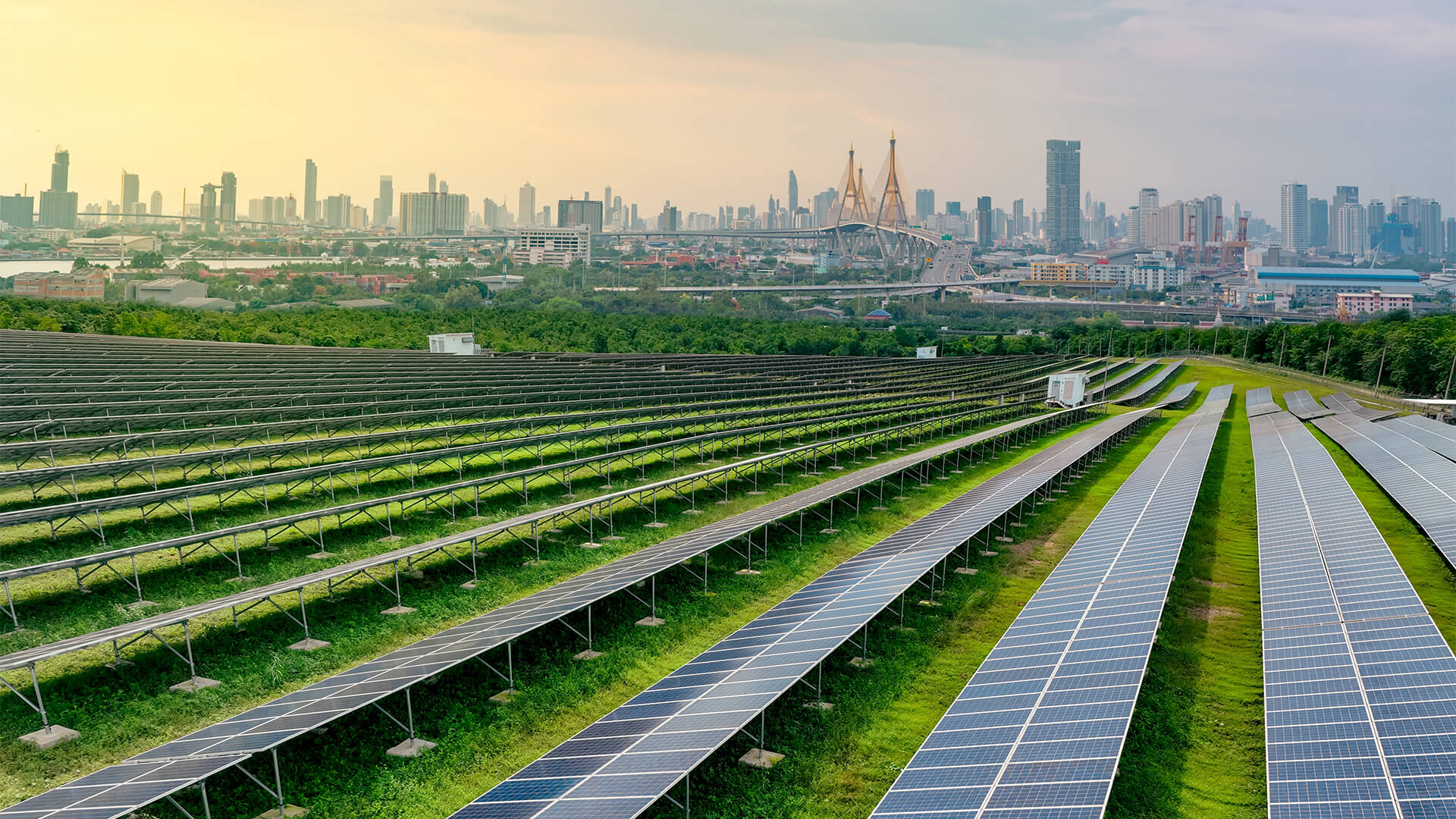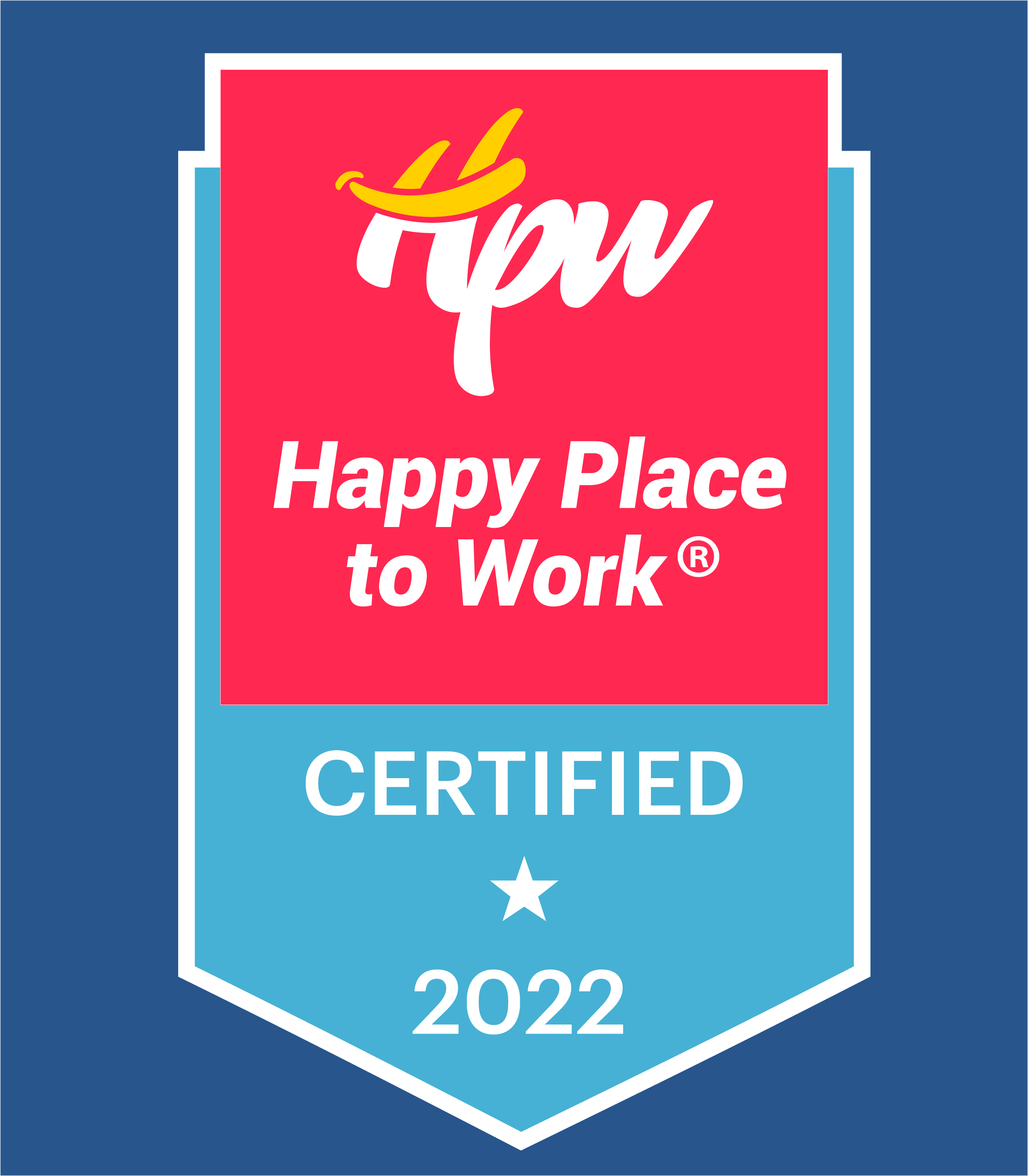How Will the Cities of the Future Generate Energy?
23 Ekim 2025The world is changing rapidly. Rising population, urbanization, energy demand, and the climate crisis are redefining how we live.
Cities are no longer just consumers of energy—they are becoming living ecosystems that produce, store, and manage their own power.
At Biotrend Energy, we are actively shaping this transformation. Through our waste-to-energy plants, biomass facilities, and our circular economy vision, we are helping cities across Türkiye generate sustainable power today for a cleaner tomorrow.
In this article, we explore how the cities of the future will generate energy, which technologies will drive this change, and how sustainable urban living will take shape.
The New Age of Energy: Cities as Power Producers
For decades, cities have relied on centralized fossil-fuel power plants far beyond their borders.
That model is no longer sustainable. The growing energy demand and carbon emissions have pushed us toward distributed generation — producing energy closer to where it’s consumed.
Future cities will be able to generate their own energy, like self-sustaining organisms.
This shift is driven by three key principles:
- Integration of renewable energy
- Smart grids and data-driven management
- Energy storage and efficiency solutions
At Biotrend, we are proud to be among the pioneers of this transition in Türkiye.
By generating energy from waste, we contribute to both the environment and the economy, helping cities use their resources efficiently.
Renewable Energy: The Beating Heart of Future Cities
By 2050, most urban energy demand will be met through renewable sources such as solar, wind, biomass, and waste-to-energy technologies.
Solar-Powered Cities
Modern buildings are no longer just consumers—they are producers. Rooftop and façade-integrated solar panels make it possible to generate electricity across the urban landscape. This reduces both carbon emissions and energy costs.
Harnessing Urban Wind Power
Thanks to micro-turbine technology, even dense urban environments can now benefit from wind energy. Compact and efficient, these small turbines can be installed on rooftops, blending design and sustainability.
Waste-to-Energy: Our Core Expertise
One of the greatest challenges of modern cities is waste. At Biotrend, we see it as an opportunity. Our waste-to-energy facilities across Türkiye convert municipal, industrial, and organic waste into electricity and heat.
This reduces the waste burden on cities while generating clean energy and cutting greenhouse gas emissions. Every piece of waste becomes a potential energy source—a cornerstone of our circular economy philosophy.
Smart Grids and Energy Storage: The Digital Backbone of Cities
The cities of tomorrow won’t just produce energy—they’ll manage it intelligently.
Smart grids, IoT sensors, and energy storage systems will form the digital backbone of urban energy infrastructure.
Smart Grids
Energy flows will become two-way. Homes, offices, and industries will both consume and supply power back to the grid. This improves reliability, reduces losses, and maximizes energy efficiency.
Energy Storage Systems
Because solar and wind energy are intermittent, storage technologies will be critical.
Modern battery systems and biogas storage solutions will enhance urban energy security.
Energy-Positive Buildings: The New Urban Standard
By 2050, most urban areas will feature energy-positive buildings—structures that generate more power than they consume. With AI-driven automation, smart sensors, and heat recovery systems, these buildings will redefine sustainability.
Transportation as an Energy Player
Mobility will become part of the urban energy ecosystem. Electric vehicles, renewable-powered public transport, and shared mobility systems will significantly reduce carbon footprints. EV charging networks will draw energy directly from renewable sources. Through “vehicle-to-grid” technology, idle vehicles will be able to feed power back into the grid—turning transportation into an active energy component.
Urban Agriculture, Biomass, and Circular Economy
Energy generation is not only about technology—it’s also about biology. Biomass energy, and organic waste management play essential roles in sustainable cities.
Through our biomass plants across Turkey, we convert organic waste into renewable power, reducing carbon emissions and closing the loop in production. This is the essence of a circular economy: nothing is wasted; everything is reused and reborn.
Carbon-Neutral Cities: The 2050 Vision
Türkiye, like many nations, is working toward a net-zero carbon goal by 2050.
This goal requires rethinking not just energy systems, but the very fabric of urban life.
At Biotrend, we contribute to this vision by:
- Reducing emissions through waste-to-energy projects,
- Expanding biomass investments,
- Supporting energy efficiency initiatives for sustainable cities.
Each new Biotrend facility is not only an energy producer—it’s a step toward a cleaner, smarter, and greener urban future.
People and Energy in Harmony
The energy transformation is not only technological—it’s cultural. A sustainable lifestyle and public awareness will play as crucial a role as innovation.
At Biotrend, we believe energy efficiency begins with people.
Every conscious choice—how we travel, consume, and recycle—helps build the cities we envision for tomorrow.
The Future of Energy Will Be Born in Cities
As we move toward 2050, cities will evolve into self-sufficient systems that produce, store, and share energy. This transformation is driven by technology, innovation, and collective responsibility. At Biotrend, we are at the heart of this change—turning waste into energy, building smarter infrastructures, and investing in renewable solutions for generations to come.
Because a sustainable future begins with responsible energy, and we at Biotrend are proud to lead the way.





